It began as a routine check‑up, but for my dad, it quickly became a wake‑up call.
He had been eagerly awaiting his blood test results, only to discover elevated cholesterol and blood pressure—quiet warning signs of potentially clogged arteries. These conditions are stealthy, often going unnoticed until serious damage has already occurred. But could the right choices at mealtime slow or even prevent this silent threat? Let’s explore how food can be a powerful ally in protecting against clogged arteries.

Dad’s Wake‑Up Call
During his latest doctor’s appointment, the news was sobering. High cholesterol. High blood pressure. Two major risk factors that, when combined, accelerate arterial blockage.
Arteries carry oxygen‑rich blood from the heart throughout the body. In good shape, they’re flexible and unobstructed—but when plaque builds up over time, atherosclerosis sets in. This condition is the root of serious health issues like stroke, heart attack, and peripheral vascular disease.
Cardiovascular disease remains the leading cause of death, with nearly 600,000 fatalities per year in the U.S. alone. Often called a “silent killer,” its symptoms may only appear when the disease has already progressed dangerously.
Recognizing Blocked Artery Symptoms

Symptoms vary depending on which arteries are affected:
Carotid Arteries (to the brain): Blockages can mimic stroke—confusion, sudden weakness, vision changes, slurred speech, or loss of balance.
Coronary Arteries (to the heart): Insufficient blood flow can lead to chest discomfort (angina), shortness of breath, a racing heart, and pain radiating to the jaw, arms, or back.
Renal Arteries (to the kidneys): Early-stage renal artery disease may show no symptoms, but as it worsens, signs like fatigue, swelling, loss of appetite, low concentration, and even kidney failure can emerge.
Peripheral Arteries (to limbs): You may experience pain, numbness, or even skin problems in the arms, legs, or pelvis when these are affected.

What Causes Arteries to Clog?
Atherosclerosis develops when the inner artery lining (endothelium) gets damaged—due to factors like high blood pressure, smoking, diabetes, obesity, chronic inflammation, sugar-heavy diets, and poor fat quality. When endothelial health is compromised, cholesterol (especially LDL), fatty deposits, calcium, and other waste substances accumulate, narrowing the artery passageway. This buildup can begin in childhood and worsen over decades.
10 Foods to Help Prevent Artery Clogging
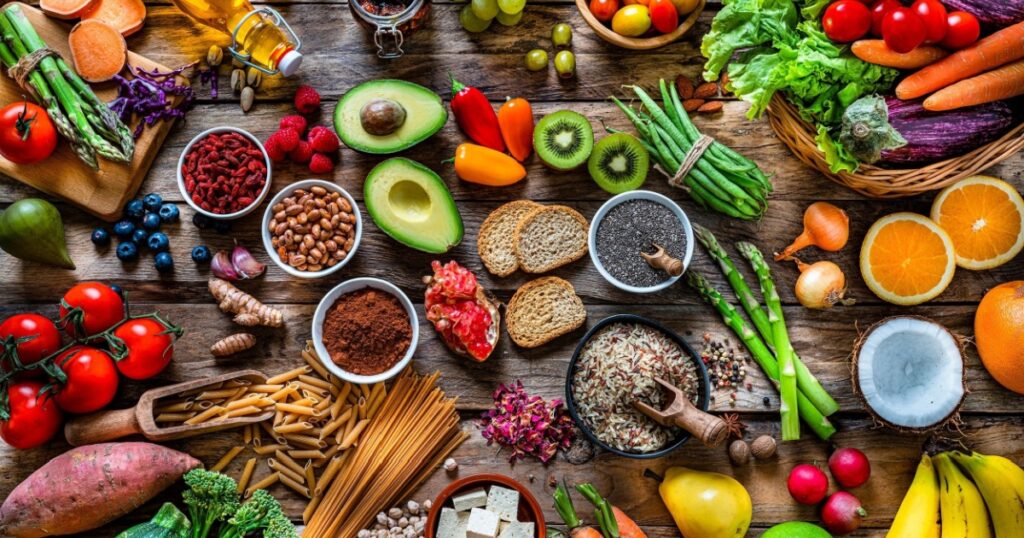
In addition to medications, certain foods can naturally support artery health:
Turmeric (curcumin): Reduces LDL cholesterol and supports healthy arterial flow.
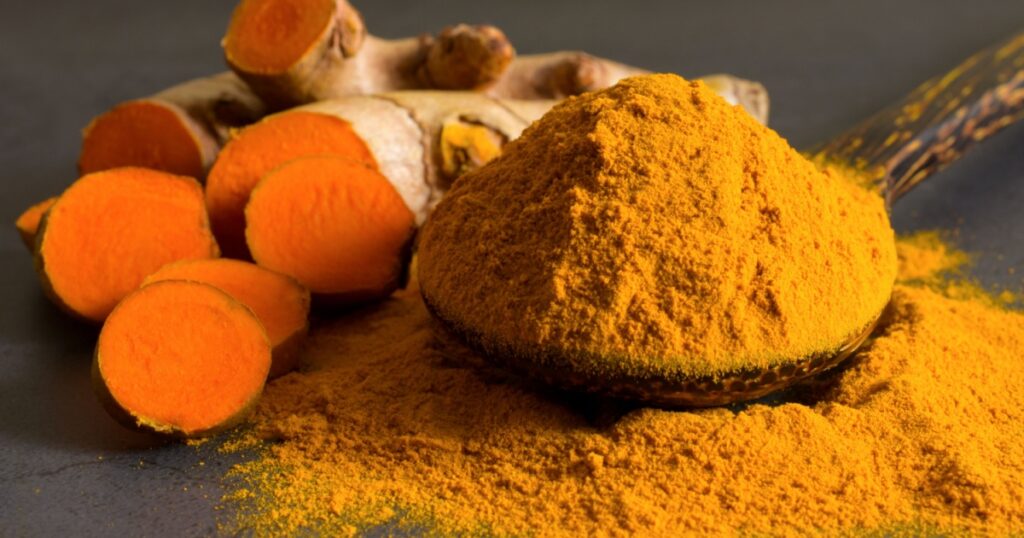
Garlic: Lowers blood pressure, prevents plaque buildup, and helps thin the blood.
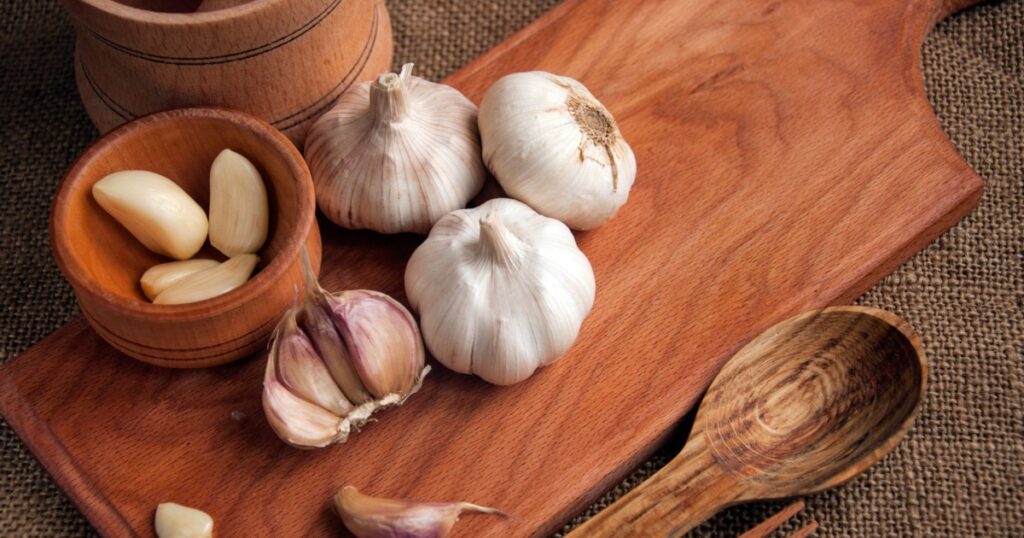
Ginger: Its anti‑inflammatory compounds protect arteries and support healthy cholesterol levels.
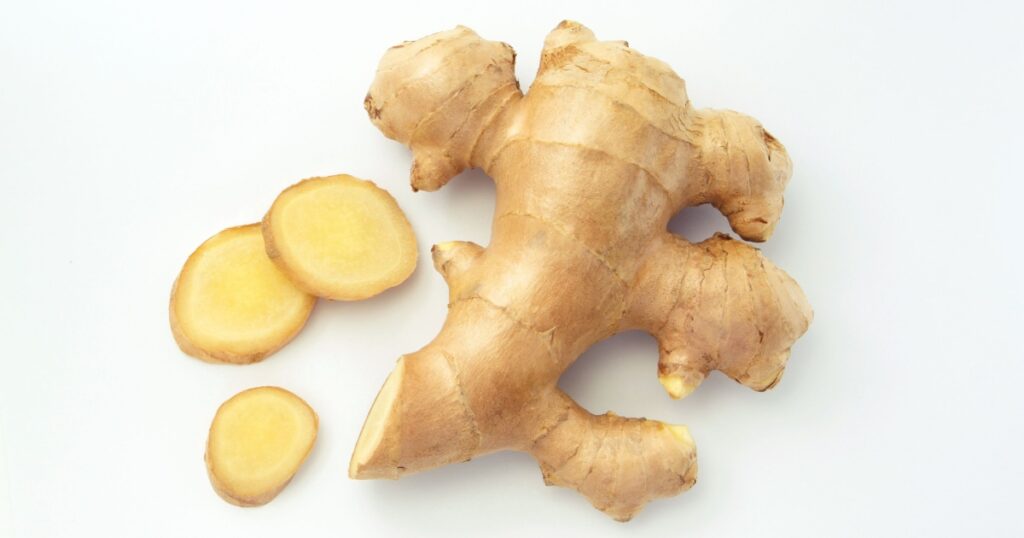
Cayenne Pepper: Capsaicin may improve circulation and reduce LDL cholesterol.
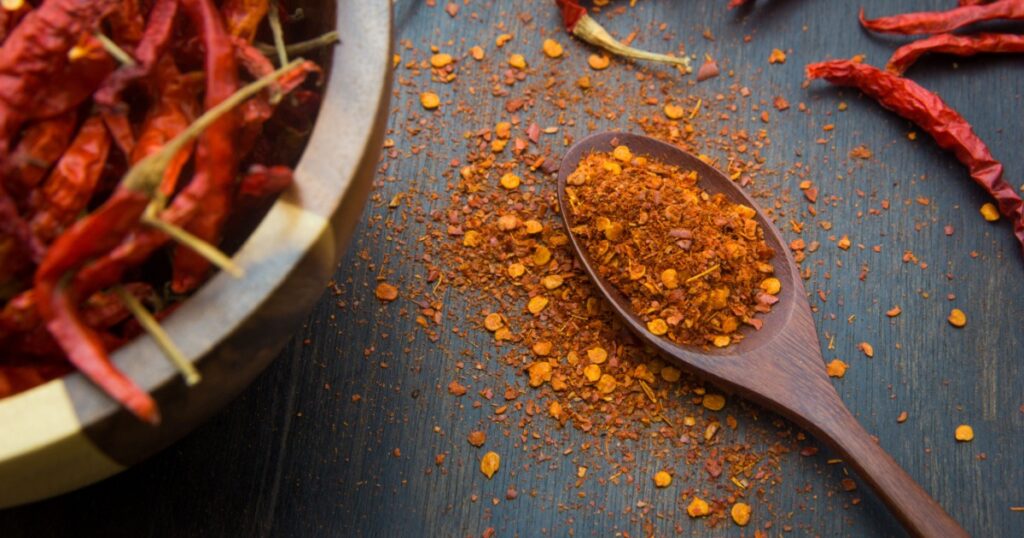
Lemon: High in vitamin C, which strengthens vessel walls and fights inflammation.
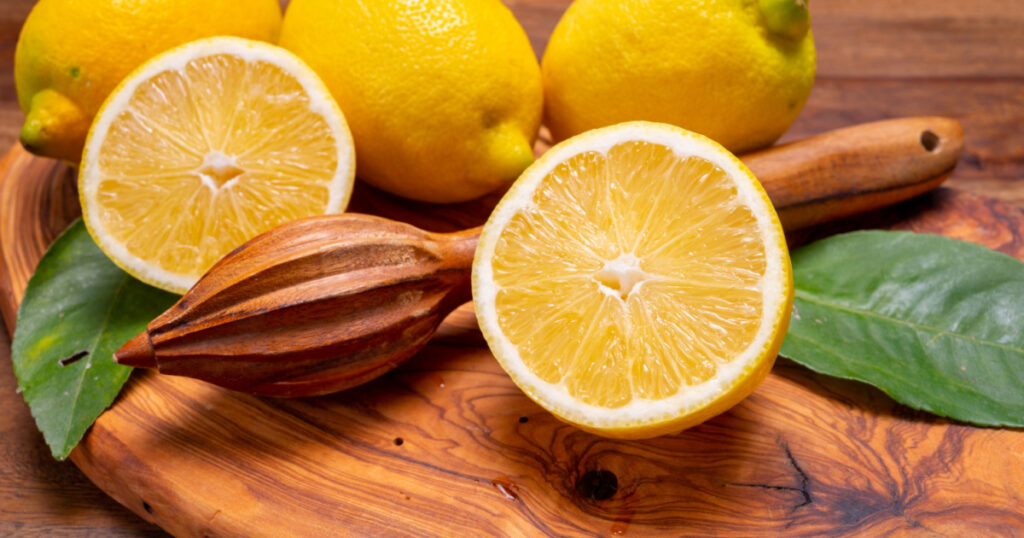
Cinnamon: May reduce LDL cholesterol, triglycerides, and stabilize blood sugar.
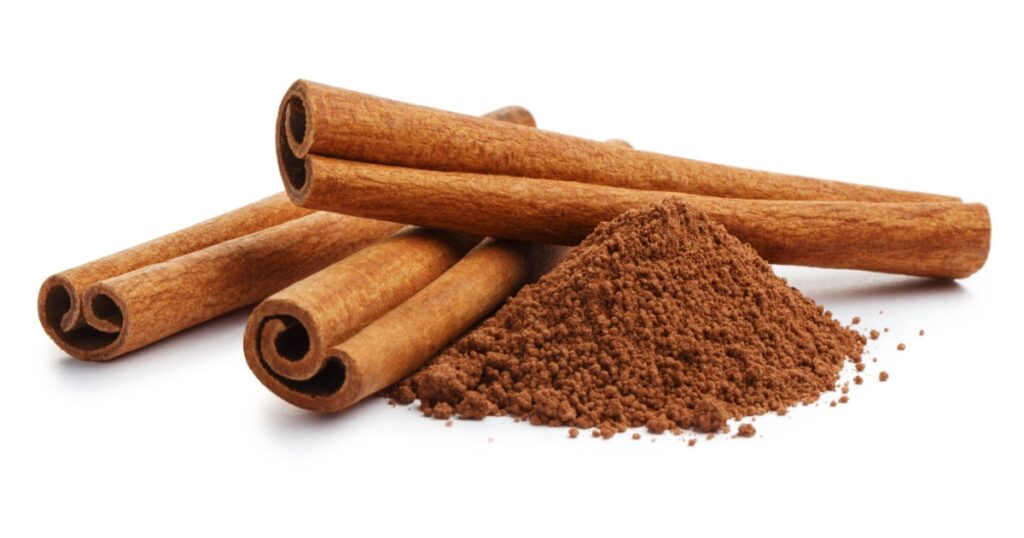
Flaxseed: Offers fiber and omega‑3s, helpful for lowering blood pressure and reducing plaque.
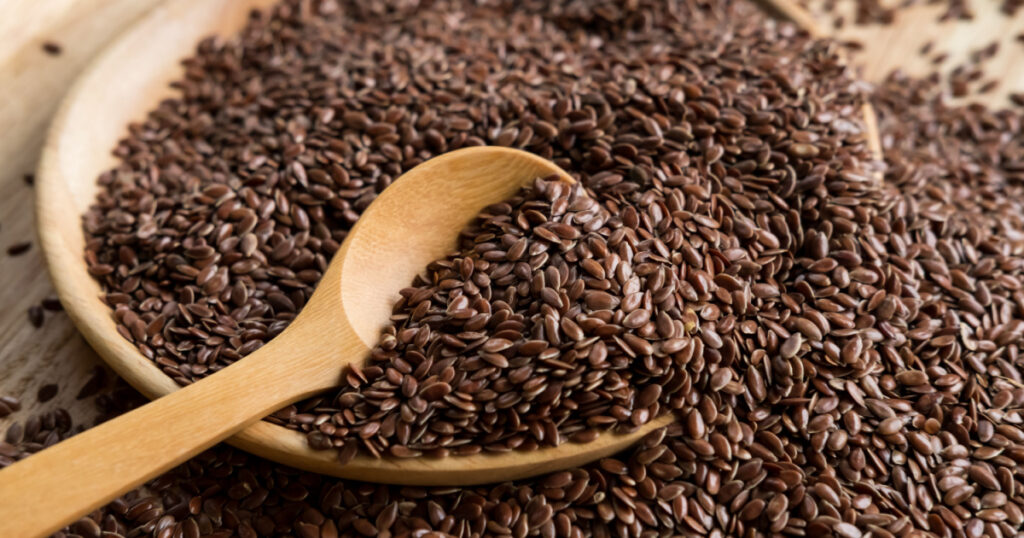
Fermented Cabbage (Kimchi): Contains compounds that can slow artery thickening.
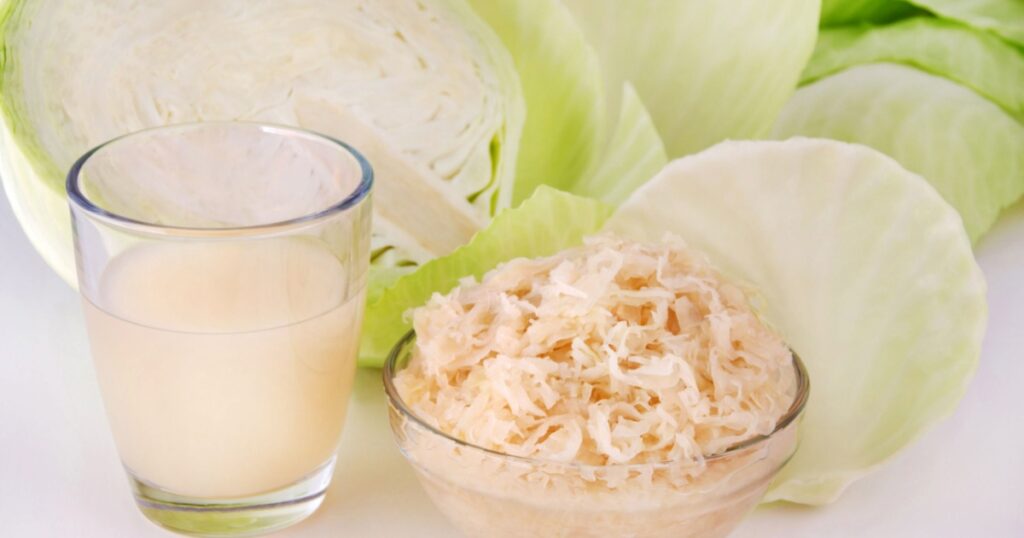
Sesame Seeds: Rich in healthy fats that support cholesterol control.
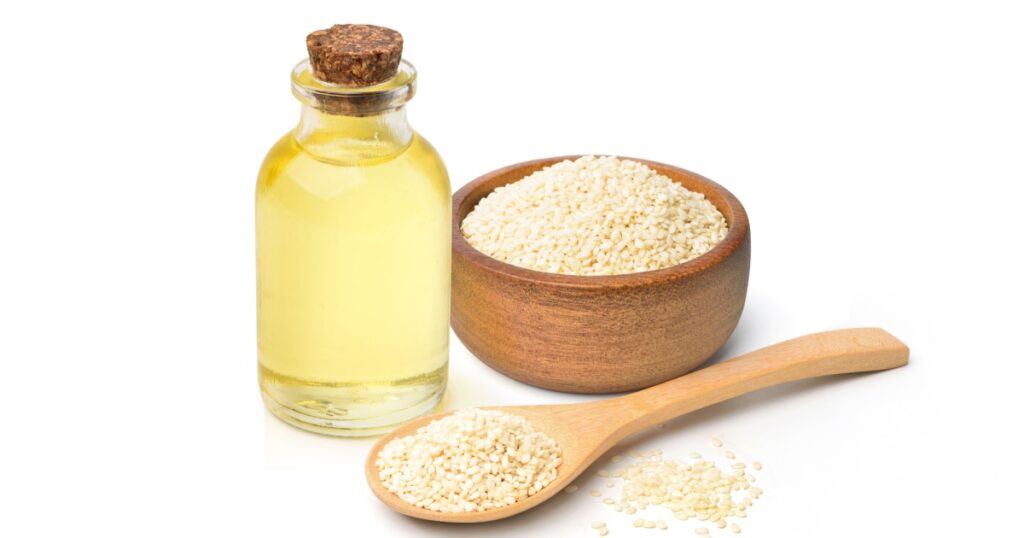
Pomegranate Juice: Antioxidants in pomegranate can slow plaque formation in arteries.
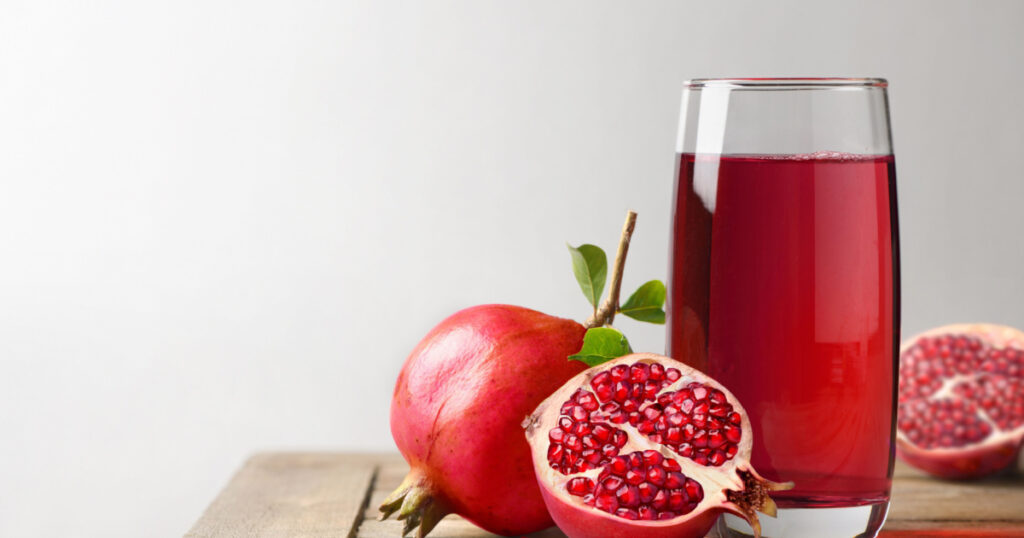
More Natural Supports for Artery Health
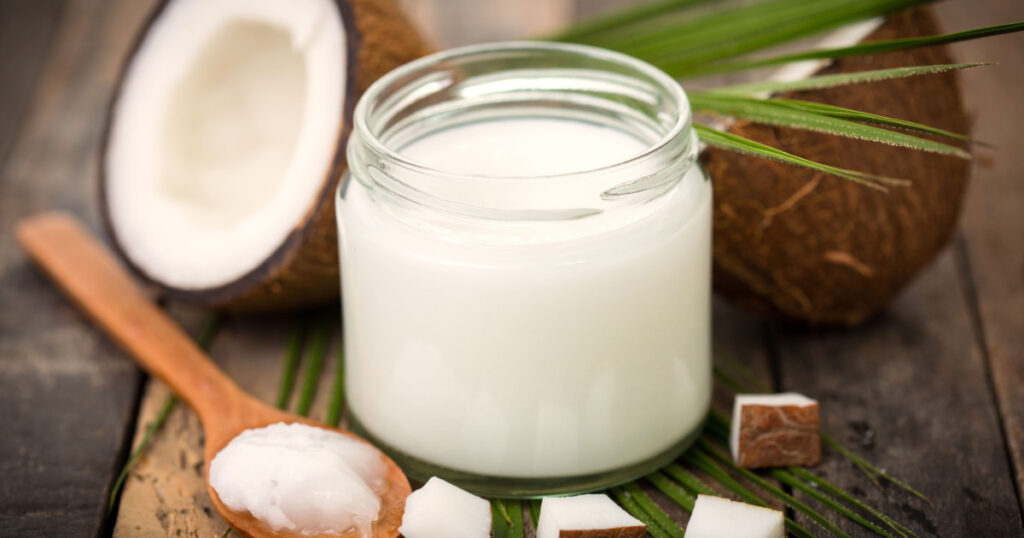
Beyond the list above, consider including asparagus, avocado, broccoli, chia seeds, and moderate coconut oil. Also, supplements like vitamins B6, B12, folate, C, and E may support cardiovascular wellbeing.
Daily movement—whether walking, cycling, or yoga—also plays a vital role. Exercise helps improve circulation and supports arterial health.
Why It Matters
Treating blocked arteries is crucial—not just to lower cholesterol or blood pressure, but to shield against heart attacks, strokes, and vascular issues. Alongside prescribed medications, a heart‑focused diet and active lifestyle can reinforce efforts to prevent atherosclerosis.
Of course, before adding new foods or supplements, you should consult your doctor—especially if you’re taking medications like blood thinners or cholesterol reducers.
Bringing It All Together
Plaque buildup in arteries doesn’t just show up overnight. Yet with consistent, smart choices—like embracing anti‑inflammatory and antioxidant‑rich foods—you can strengthen arterial health and support your body’s natural defenses.
Add regular exercise, stress management, and doctor‑recommended medication, and you’ve created a holistic approach to cardiovascular health. Ultimately, using food as medicine might help turn a silent threat into a far less worrisome risk—long before it becomes a crisis.
